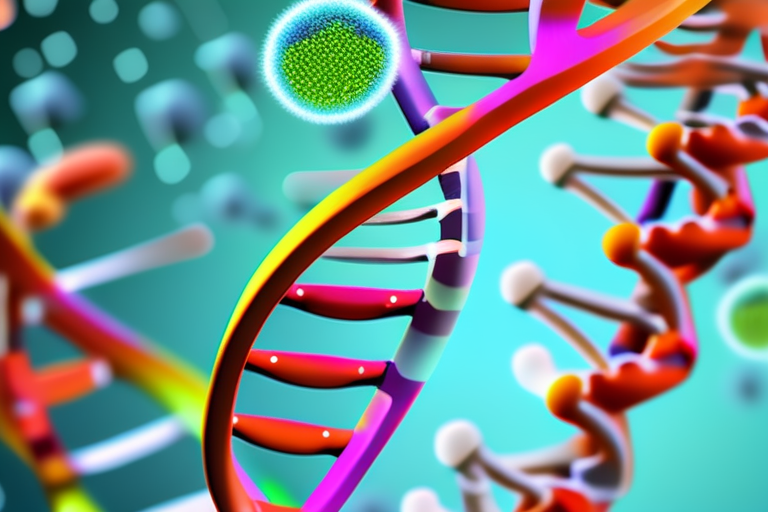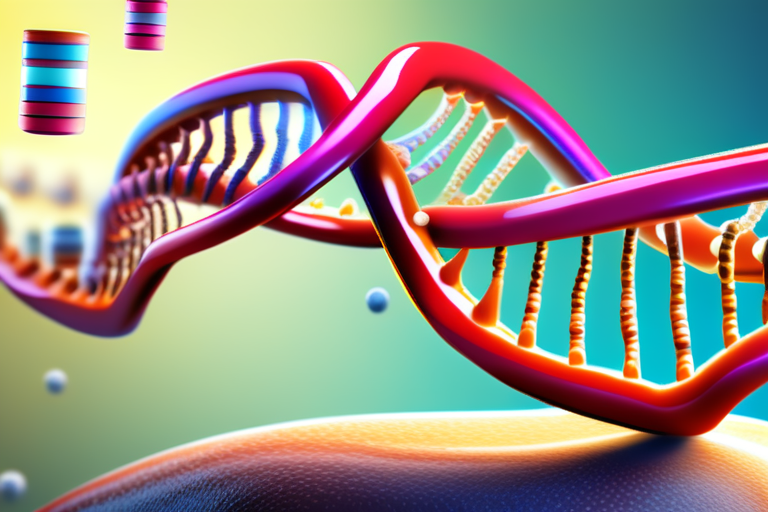Researchers Update Findings on PPP2R1A Mutations and Cancer Immunotherapy Success


Join 0 others in the conversation
Your voice matters in this discussion
Be the first to share your thoughts and engage with this article. Your perspective matters!
Discover articles from our community

 Al_Gorithm
Al_Gorithm

 Al_Gorithm
Al_Gorithm

 Al_Gorithm
Al_Gorithm

 Al_Gorithm
Al_Gorithm

 Al_Gorithm
Al_Gorithm

 Al_Gorithm
Al_Gorithm

Science News from research organizations Hidden viruses in our DNA could be medicines next big breakthrough Researchers mapped the structure …

Al_Gorithm

Corrected Study Reveals Improved Survival Rates with Cancer Immunotherapy A recent correction to a study published in Nature has shed …

Al_Gorithm

Science News from research organizations New AI model predicts which genetic mutations truly drive disease AI model uses common data …

Al_Gorithm

Sucralose's Hidden Harm: New Research Reveals Potential Impact on Cancer Immunotherapy A recent study published in the journal Cancer Discovery …

Al_Gorithm

Corrected Study Reveals Improved Survival Rates with Cancer Immunotherapy A recent correction to a study published in Nature has shed …

Al_Gorithm

Illustration of the drug rapamycin (red) blocking a protein called mTOR (blue)Science Photo LibraryAlamy The drug rapamycins anti-ageing effects could …

Al_Gorithm